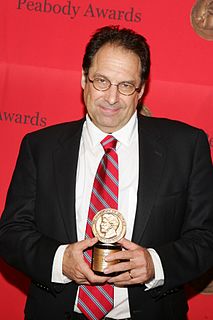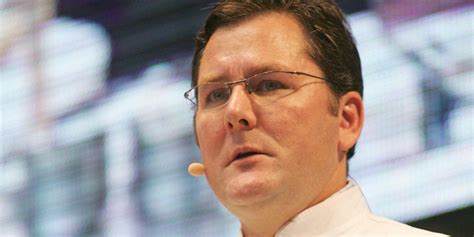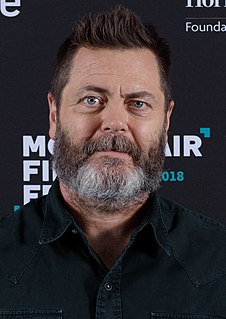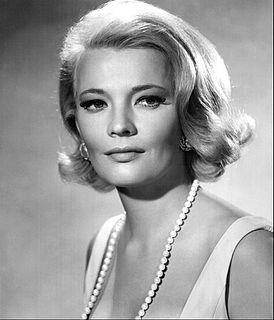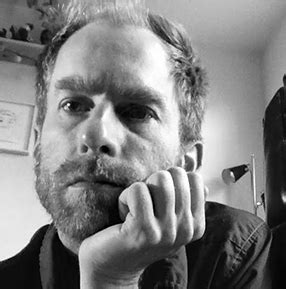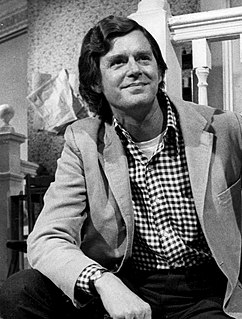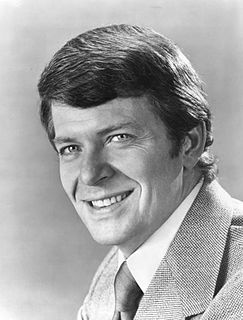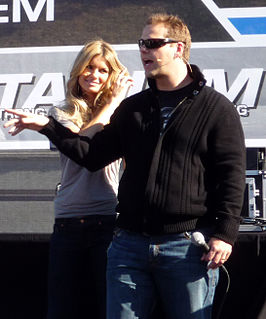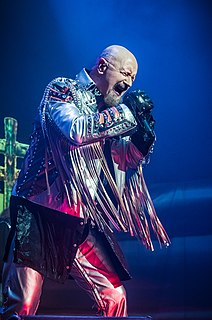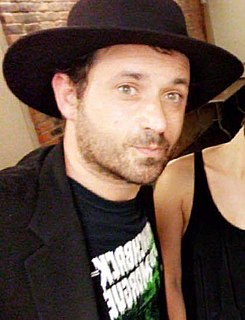Top 105 Faulkner Quotes & Sayings - Page 2
Explore popular Faulkner quotes.
Last updated on November 25, 2024.
Every writer knows that when you're imitating somebody - you know, you're sounding like Faulkner - you're doing pretty good, but your life in Hoboken isn't Faulkneresque. So you get that kind of shortfall between the actual experience of the writer and the things he's hungry to express and the voice itself.
I am a rereader. Quality is variety if you wait long enough. Barthes, Baudelaire, Benjamin, Celine, Duras, Faulkner, Fitzgerald, Melville: There is so much to revisit. 'Ingrid Caven,' by Jean-Jacques Schuhl, is always in rotation. I used to read 'Morvern Callar,' by Alan Warner, every year - I adored that book.
One of the scandalous things I did was as I read them afterward I would burn them. I loved them, but for practical reasons I had to lighten the load. I burned favorites, like William Faulkner's "As I Lay Dying." There's a whole list in the back of my book. It's me,[Adolf] Hitler, [Benito] Mussolini, and Pol Pot. We're the book burners.
Faulkner speaks to us on the questions of race, the challenges of modernity, and modern man's dilemma in all of its aspects. That he is able to specify among those and bring those themes alive is one of his great gifts. There are so many different kinds of pleasures one gets from encountering those materials.
In college, I started to get soaked in the materials. Subsequently, I worked with R.W.B. Lewis, Robert Penn Warren, and Cleanth Brooks on a history of American literature - I did that for seven or eight years. In the course of that work, my interest in Faulkner deepened and has been sustained ever since.
Stories are there to be told, and each story changes with the telling. Time changes them. Logic changes them. Grammar changes them. History changes them. Each story is shifted side-ways by each day that unfolds. Nothing ends. The only thing that matters, as Faulkner once put it, is the human heart in conflict with itself. At the heart of all this is the possibility, or desire, to create a piece of art that talks to the human instinct for recovery and joy.
When we have a favorite writer, it's always the places where they grew up, lived, worked, and that they recreated on the page that we most want to visit and commune with. Faulkner's Mississippi, Raymond Chandler's Los Angeles, etc. The mind of the reader longs to be somewhere, not just anywhere, and certainly not nowhere.
Faulkner's 'As I Lay Dying' had an immense effect on me, and most of my novels bear the burn marks of this experience, those short chapters with their conflicting points of view, truth expressed by multiple perspectives. The other attractive thing about 'As I Lay Dying' was the way it gave rich voices to the poor.
John McEnroe...was arguably the best serve-and-volley man of all time, but then McEnroe was an exception to pretty much every predictive norm there was. At his peak (say 1980 to 1984), he was the greatest tennis player who ever lived-the most talented, the most beautiful, the most tormented: a genius. For me, watching McEnroe don a blue polyester blazer and do stiff lame truistic color commentary for TV is like watching Faulkner do a Gap ad.
The 1992 US Olympic basketball team is the best sports team ever, the equivalent of rounding up the greatest American writers of the last century or so and watching them collaborate: 'OK, Twain, you do the dialogue and hand off to Faulkner. He'll do the interior monologue. Hemingway will edit - no, don't make that face, you know you overwrite. And be nice to Cheever. He's young, but he's got a good ear. Wharton and Cather can't play - they're girls.'
Well, people have been wondering what's going to happen to the novel for two hundred years; its death has been announced many times. You know, I think the novel keeps redefining the world we live in. What you should look for in a novel is a window nobody else is looking out of, that nobody else can look through. What you look for is a voice. You pick up a novel by someone such as Faulkner or Hemingway and you just read three pages and you know who wrote it. And that's what one should demand of a novelist.
William Faulkner was the master of what one must do to be serious. But I don't understand why people haven't moved forward from that, why that's not where the line in the sand is that you would see from. When I think about the reception of my own writing and what seems "difficult," there is an actual precedent.
The first five years as a writer, I didn't know how to write at all. I couldn't write my way out of a white paper bag. And yet, I did some remarkable things. And later on, there were periods where I got this mission to find an articulate voice with rewrites and all. There were periods where I was as dense as Faulkner.
Without courage, honor, compassion, pity, love and sacrifice, as William Faulkner pointed out, we know not of love, but lust. We debase our audience. But we can ennoble and enrich our viewers and ourselves in our journey through this good time, this precious time, this great and wonderful experience we call life.
When I saw what painting had done in the last thirty years, what literature had done - people like Joyce and Virginia Woolf, Faulkner and Hemingway - in France we have Nathalie Sarraute - and paintings became so strongly contemporary while cinema was just following the path of theater. I have to do something which relates with my time, and in my time, we make things differently.
A favorite science fiction writer of mine is William Faulkner! It was an idea that came to me once, years ago, and I've never quite been able to shake it. This is facetious, on one level at least. There are telepaths in As I Lay Dying. But I think the most compelling thing for me is there are moments with him where I just feel these are not humans talking to each other. These are some hyper-intelligent, yet-to-be-born organisms. The way they look at the past without having any loss of knowledge ? everything that ever happened is still here.
I'm not going to lay down in words the lure of this place. Every great writer in the land, from Faulkner to Twain to Rice to Ford, has tried to do it and fallen short. It is impossible to capture the essence, tolerance, and spirit of south Louisiana in words and to try is to roll down a road of clichés, bouncing over beignets and beads and brass bands and it just is what it is. It is home.
The Fall of the House of Zeus is a riveting American saga of ambition, cunning, greed, corruption, high life and low life in the land of Faulkner and Grisham. These are good ol' boys gone bad with flair, private jets, and lots of cash to carry. Curtis Wilkie, a child of the South and a reporter's reporter, is the perfect match for this wild ride.
You have to surrender to your mediocrity, and just write. Because it's hard, really hard, to write even a crappy book. But it's better to write a book that kind of sucks rather than no book at all, as you wait around to magically become Faulkner. No one is going to write your book for you and you can't write anybody's book but your own.
Like Hemingway and Faulkner, but in an entirely different mode, Fitzgerald had that singular quality without which a writer is not really a writer at all, and that is a voice, a distinct and identifiable voice. This is really not the same thing as a style; a style can be emulated, a voice cannot, and the witty, rueful, elegaic voice gives his work its bright authenticity.
After college, I went on a real big classics kick. Read everything by Faulkner, Hemingway, Woolf, Proust, Dostoevsky. And that classics train dropped me off at 'Dracula.' Halfway through it, I understood I'd never be going back, never 'leaving' the genre again. Since then, I've been on a fairly strict horror diet.





